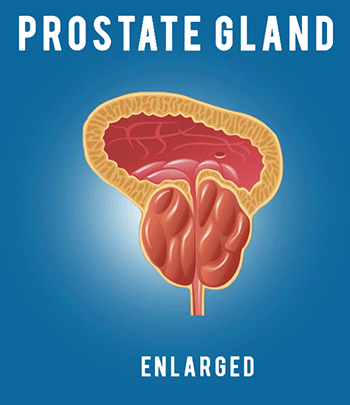How to Adjust Ourselves to the Natural Body Rhythm
How to Adjust Ourselves to the Natural Body Rhythm

If we want a good health, to boost our productivity, and obtain enough energy in our private lives, then it is wise to adjust ourselves to our inner body rhythm. Our body rhythm is genetically conditioned and depends mostly on night and day cycles and seasonal changes. Our ancestors were much better accustomed on natural rhythms, as are the all plants and animals. However, our modern era with artificial lights, too many workday demands, too much television, and too many hours spent on computers, make us completely unaware of this natural cycle. We rely on our wristwatch rather than on our inner body clock. This internal body clock is responsible for our waking and sleeping cycles, hormone production, regulation of body temperature, and blood pressure. Turning our focus on inner clock can help us to manage better our energy and maintain a good health condition. The article “Circadian Rhythm – Getting Back on Track” offers some suggestion on how to adjust ourselves to natural body rhythm.
How to Adjust Ourselves to the Natural Body Rhythm
• Find a sleep/wake rhythm and stick to it. Set a time that you can realistically go to bed at, and a wake time that affords you enough sleep (8-9 hours).
Try not to deviate from this more than 1-2 hours, including on the weekends. If you need to transition from your current schedule, do it gradually – 5-10
minutes a day until you reach your goal.• Make a point to expose yourself to sunlight during the day. In addition to helping regulate circadian rhythm, it is important to get regular sun exposure
to make vitamin D. At least 15 minutes a day is good, but aim for more as long as you take care not to get a sunburn.• Protect yourself from blue light before bed. If you go to bed early, you may be able to get away with not using your computer or turning your lights off
after the sun goes down. This isn’t realistic for most people, so you may need to use some tools to manage your light exposure after dark. F.lux is a
computer program that modifies the light output on your computer, tablet, or phone to the time of day to manage your blue light exposure. Another option
is to use amber-tinted goggles once the sun goes down. This is the most effective method as it also protects you from indoor lighting.• Don’t eat before bed. I aim to give myself a window of 3-4 hours after I eat dinner and before going to sleep. This might not be doable for someone with
blood sugar issues, but as you start consuming a diet with more fat and less carbohydrate your body will be more adapted to not snacking and feeling
hungry all the time.• Don’t exercise before bed. Try to exercise earlier in the day, in the morning or afternoon if you can. If you are slow to wake up, getting outside and
exercising earlier in the day can help train your body to make more cortisol in the morning. If you have a hard time falling asleep, don’t exercise before
bed as this can exacerbate high night time cortisol.
In order to develop healthier habits that fit well with our inner clock, we need time and consistency. During the time, we will gradually improve our contact with the body. This is especially important, because we do not all belong into one single category, when it comes to daily rhythm. Many of us are morning people; some are evening people, while others belong to few categories between these two. To recognize which type we belong requires our active involvement. When we get into alignment with our unique body clock, all body functions work better. We can notice that for many activities we need less energy than before. It looks like as we finally begin flowing rather than swimming upstream.


